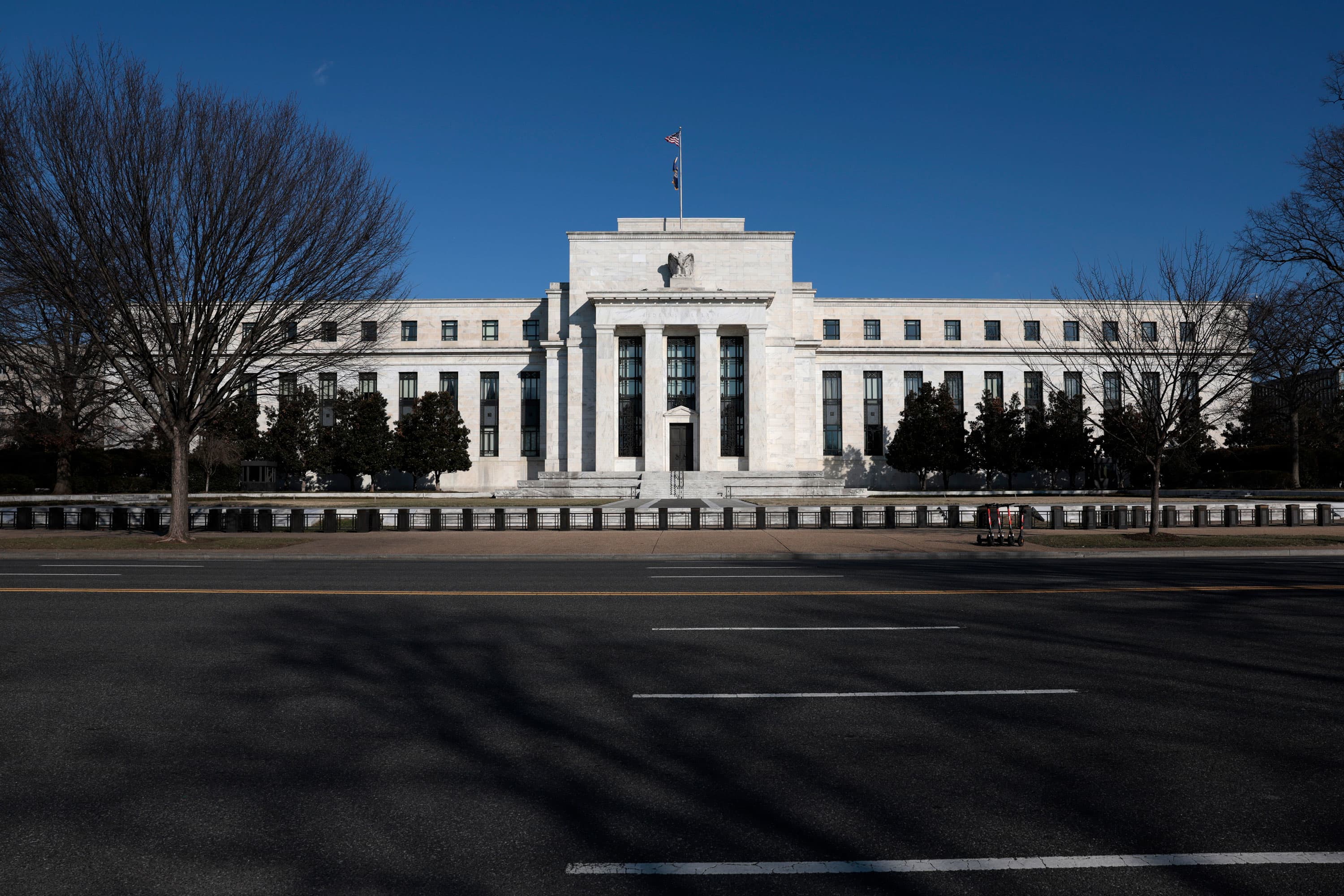Products You May Like
Federal Reserve officials won’t be able to trade a slew of assets including stocks and bonds — as well as cryptocurrencies — under new rules that became formal Friday.
Following up on regulations announced in October, the policymaking Federal Open Market Committee announced that most of the restrictions will take effect May 1.
The rules will cover FOMC members, regional bank presidents and a raft of other officials including staff officers, bond desk managers and Fed employees who regularly attend board meetings. They also extend to spouses and minor children.
“The Federal Reserve expects that additional staff will become subject to all or parts of these rules after the completion of further review and analysis,” a release announcing the rules stated.
The rules “aim to support public confidence in the impartiality and integrity of the Committee’s work by guarding against even the appearance of any conflict of interest,” the statement also said.
Central bank officials acted after disclosures last year that several senior Fed officials had been trading individual stocks and stock funds just before the time the central bank adopted sweeping measures aimed at boosting the economy in the early days of the Covid spread.
Regional presidents Eric Rosengren of Boston and Robert Kaplan left their positions following the controversy.
Crypto ban
The announcement Friday extended the ban to cryptocurrencies like bitcoin, which were not mentioned in the original announcement in October.
Under the regulations, officials still holding market positions will still have 12 months to shed prohibited positions. New Fed officials will have six months to do so.
In the future, officials covered by the new rules must give 45 days’ notice before making any permissible asset purchases, a restriction that will go into effect July 1. They then will have to hold those positions for at least a year and will be banned from any trading during “periods of heightened financial market stress.” There is no set definition of the term, which will be determined by the Fed chair and the board’s general counsel.
Along with stocks, bonds and crypto, the ban extends to commodities, foreign currencies, sector index funds, derivatives, short positions and agency securities or using margin debt to buy assets.
Congress has been debating a measure that also will restrict its members from owning individual stocks, though it has not been adopted yet.
